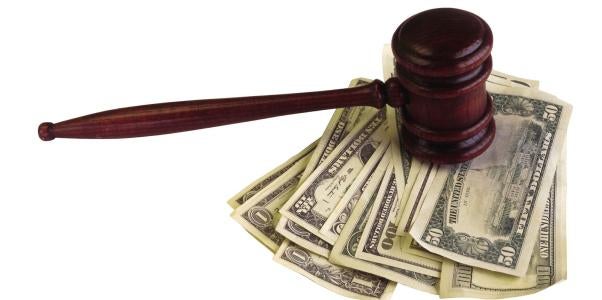The Second Circuit’s recent opinion in The Matter of: Motors Liquidation Company, 2016 WL 3766237 (2nd Cir. 2016) should give pause to all buyers of assets from bankruptcy estates. This decision comes in the bankruptcy proceedings of General Motors, in which the debtor’s assets were sold by “Old GM” to “New GM” free and clear of all liens, interests, claims and encumbrances, including claims of successor liability, within weeks after the petition was filed. The question in this particular situation was whether the sale was free and clear of claims purchased by consumers prior to the bankruptcy filing and which had a defective ignition switch. Several years after the bankruptcy sale closed, a group of vehicle owners filed an adversary proceeding against New GM in the bankruptcy court, asserting economic losses arising from the ignition switch defect and seeking liability against New GM on a theory of successor liability. New GM sought to enforce the sale order, arguing it acquired Old GM’s assets free and clear of these claims.
The bankruptcy found that GM had actual knowledge of the defect and of potential claims based on it, and that the holders of these claims were entitled to actual notice of the sale hearing. However, although finding that notice to the claimants had been inadequate under the Due Process Clause of the Fifth Amendment, the bankruptcy court nevertheless enforced the sale order, concluding the claimants had not been prejudiced by the sale order because the court would have entered the sale order over any objection the claimants might have raised. An appeal was certified directly to the Second Circuit.
The Second Circuit reversed and remanded the bankruptcy court’s finding as to these “ignition switch” claims. The court began its analysis by noting that several of its sister courts have held that § 363(f) may be used to bar a successor liability claims, concluding the use of the term “claim” in § 363(f) is to be read in harmony with the definition of the word in § 101. Since successor liability claims falls within the parameters of the term “claim” as defined in § 101(5), the court concluded that assets can be sold under § 363 free and clear of such claims. In short, the court held that the “free and clear” language of § 363(f) applies to claims that flow from the debtor’s ownership of the sold assets.
The Second Circuit agreed with the bankruptcy court that the debtors failed to comply with the Due Process Clause when they failed to give actual notice by mail of the proposed sale to the holders of ignition switch claims. The court also agreed with the bankruptcy court that Old GM could have easily identified the holders of these claims and could have provided them with actual notice of the proposed sale by mail. The court relied on the general rule that “notice by publication is not enough with respect to a person whose name and address are known or very easily ascertainable and whose legally protected interests are directly affected by the proceeding in question.” Schroeder v. City of New York, 371 U.S. 208, 212-13 (1962).
On the issue of prejudice, however, the Second Circuit came to a different conclusion than the bankruptcy court. The bankruptcy court held that prejudice is a requirement of the Due Process Clause, and that a party who has been denied due process may not be entitled to relief if he has suffered no prejudice. In this instance, the bankruptcy court found no prejudice, concluding it would have entered the sale order even if the claimants had been given notice. In analyzing this aspect of the bankruptcy court’s decision, the Second Circuit noted a split in authority, with the First Circuit concluding prejudice must be shown in asserting a due process violation, Perry v. Blum, 629 F.3d 1 (1st Cir. 2010), whereas the Eighth Circuit has held a showing of prejudice is not required, In re New Concept Hous., Inc., 951 F.2d 932 (8th Cir. 1991). The Second Circuit did not take either side, concluding instead that, even assuming the claimants had to demonstrate prejudice, they had in this specific case. Noting the significant negotiations among numerous parties which lead to the final sale order entered by the court, the Second Circuit believed the claimants, had they received notice of the sale, may have succeeded in negotiating more favorable treatment in the sale order.
This decision highlights the importance to purchasers of assets to make sure their debtor/seller provides appropriate notice to all holders of claims against which the buyer seeks protection from successor liability.






 i
i


